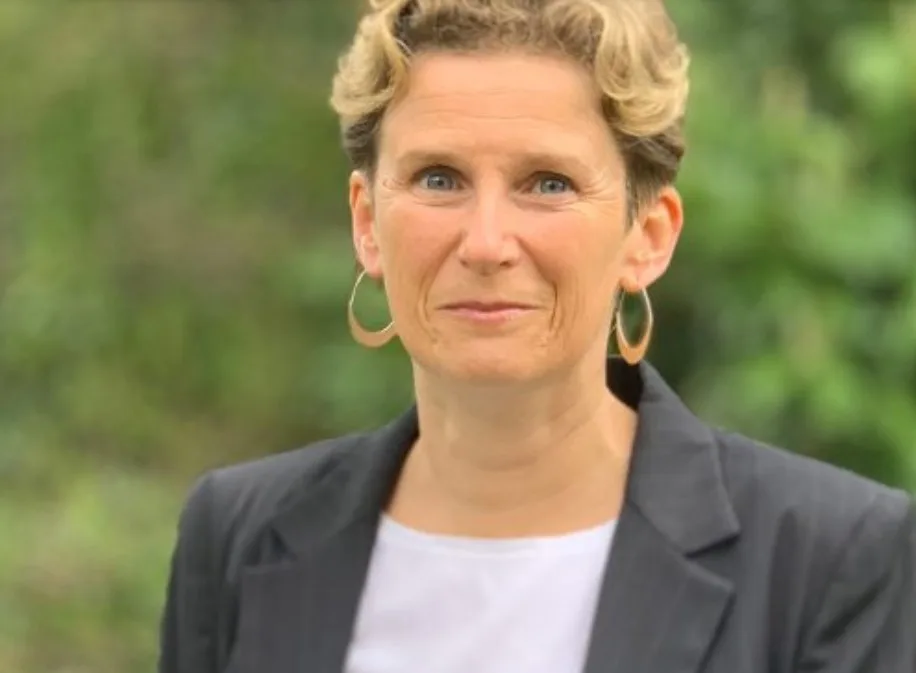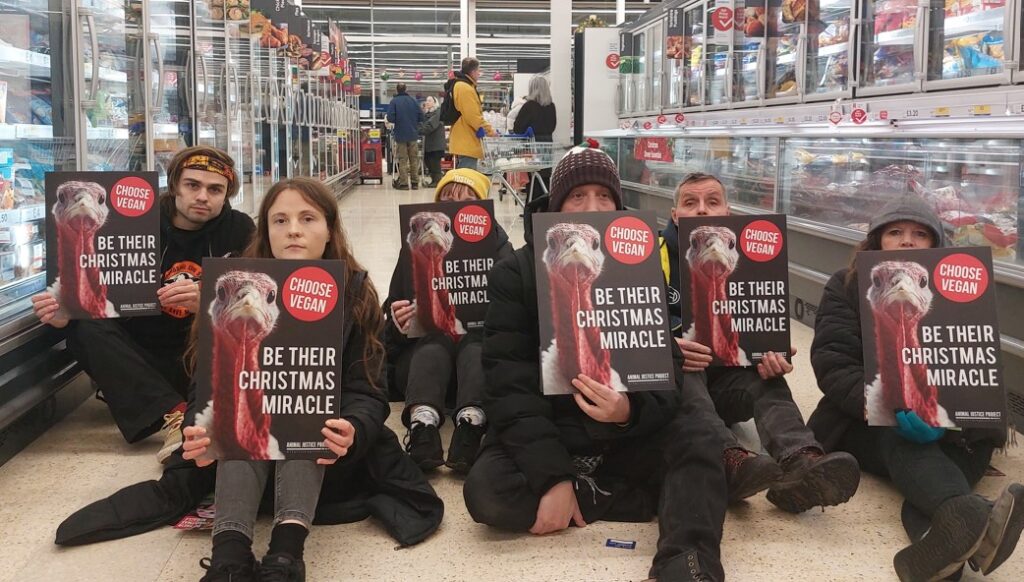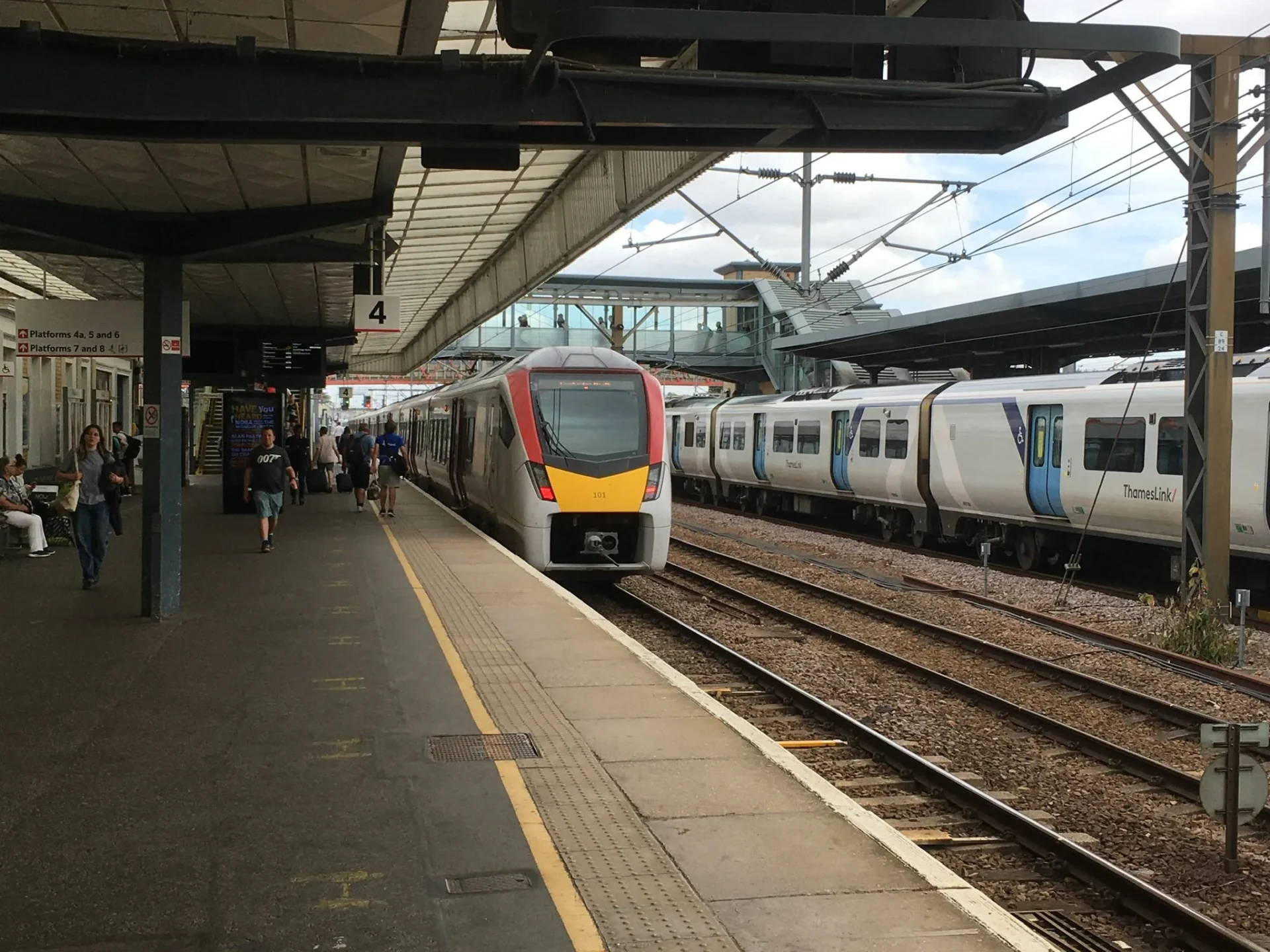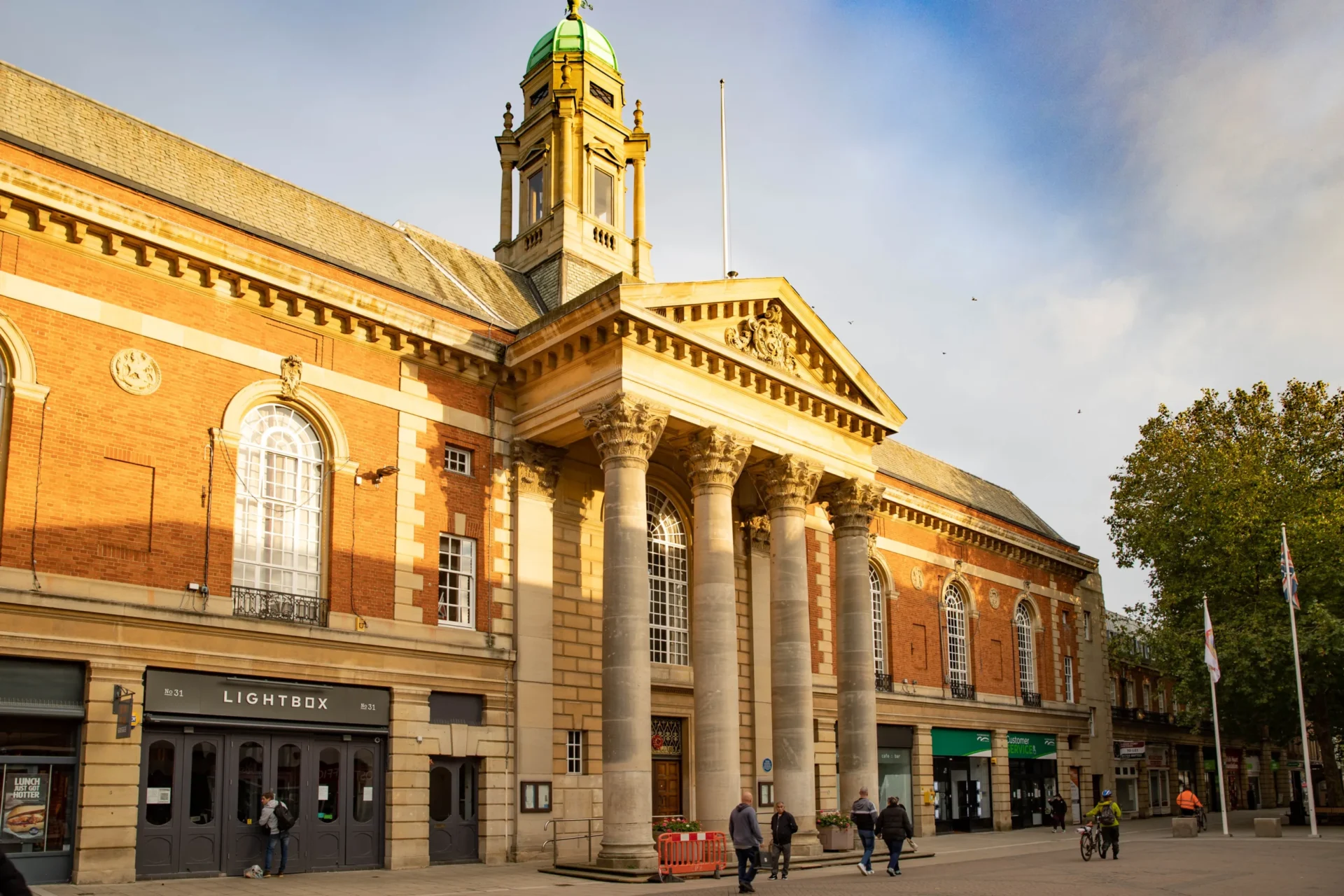Cambridge City Council has published its draft budget for the 2023/24 financial year.
The proposals, which will shortly be out for public consultation, reinforce the point I’ve made in previous posts that – despite Cambridge’s image as a global economic success story – local government is now reduced to fishing down the back of the metaphorical sofa to find loose change.
The size of the challenge is sobering.
In addition to making net savings of nearly £4M in the next financial year and a total of £11M over the next five years, the Council is also proposing a £2.9M transfer from its reserves.
Moreover, it’s worth looking at the evolving language around the council’s ‘transformation’ programme, ‘Our Cambridge’. Over time, this has moved away from its initially positive framing:
“Our Cambridge is part of our commitment to build the council our residents need and deserve. One that is fit for the future and delivers high quality services to residents, and transformation’s role is to enable us all to get there”
…and now, as the budget proposals makes clear, is “refocused on a twin-track approach to savings (p.23):
- Immediate savings: savings that can be identified and taken now, without structural changes to the council
- Transformational savings: identified through the Our Cambridge implementation plan, but now focused on a ‘minimum viable option’ for services, that could be flexed upwards if finances allow. This would be expected to achieve savings for the whole council above and beyond the £5M initially identified
Reduced to the minimum
That the City Council in an economic hotspot like Cambridge is reduced to planning for the ‘minimum viable option’ for its services will surely come as a surprise to many residents.
But, as the draft budget lays out, the speed and characteristics of the city’s growth, and absence of support from national government to fund this, are both increasing pressure on the council’s finances (p.8):
“Whilst new homes generate new council tax income for providing services, the increase in student accommodation (with council tax exemptions) and the number of inward commuters, plus the particular needs of new residents as they settle into new communities, can present additional service demands and financial pressure.
This comes at a time of ongoing financial pressures facing council budgets.
“For example, planned house building and economic growth is expected to worsen the congestion on the city’s roads. The council is working as part of the GCP to develop proposals to address the problems caused by congestion.
However, these proposals may introduce charges for the movement of the council’s vehicles around the city and reduce income from car parking.”
Pressure feeding through
So, in a nutshell:
- Much of the new development being built here adds nothing to the council’s coffers.
- Those new residents that do pay council tax cost more in service delivery than they pay (for around a decade).
- Increased congestion makes use of the council’s vehicle fleet less efficient.
- The measures under consideration to tackle the congestion are likely to increase the council’s costs and reduce its income.
You can also see this pressure feeding through to a wide range of specific budget lines. Take the council’s responsibility for organising elections, for example. Two budget lines (URP5036 and B5037) add over £100k in FY 23/24 plus an ongoing commitment of £80kpa thereafter.
This expenditure is driven by the growth of the city and the transient nature of its population, requiring more polling stations and therefore more polling staff, as well as the trend towards postal voting.
It’s also depressing to see £45k (URP5031) sought to support extra staffing within the anti-social behaviour team in the Community Safety service on the grounds that “there has since been a further 36% (710 from 523) increase in reports of ASB within the city”.
It may be harder to prove a causal link between the city’s growth and the rise of ASB (antisocial behaviour); but it is undeniably true that we have consistently lacked investment in building cohesive communities, and places in which to undertake this work, so it would not be remotely surprising if such a link existed.
It’s also worth noting that the £30k cost associated with B5037 (Electoral Services Support Officer) was originally funded by central government but predictably that funding has now been withdrawn.
Similarly, the notes explaining the £75k spend on Discretionary Housing Payments state: “The funding levels from the government have reduced in recent years – note the downward trend: 2020/21 financial year £236,598, 2021/22 financial year £195,014 but only £138,217 for the 2022/23 financial year.” And so, it’s the City Council which is left to bridge the growing gap between rising rental costs and diminishing funding from government.
Our quality of life
So, what would this budget, if approved, mean for the quality of life of the city’s residents? Here are some items which jump off the page to me as likely to have an obvious impact:
- Goodbye to the Big Weekend festival on Parkers Piece (S5102) – £113k saving
- Full or weekday closures of public toilets (S5112 )- £67k saving
- Removal of subsidies for Citi2, Citi3 and 114 bus services (S5110) – £100k saving from 2024/25 justified by “the introduction of the GCP Making Connections increased bus provision from April 2024”
- Deletion of a Public Realm Enforcement Officer (S5143) – £70k saving. Public Realm Enforcement Officers’ responsibilities include controlling littering, fly-tipping, abandoned vehicles and the misuse of green and open spaces.
- ‘Efficiencies’ from the ‘redesign’ of the community development team and facilities, and the CHYPPS team which runs activities for children (S5097) – £100k saving.
What’s really interesting to me is that only one of the five items – the removal of the bus service subsidy – is noted as having a negative impact on the council’s anti-poverty goals. Can that really be correct in anything other than a technical sense?
For example, regarding the Big Weekend, the equalities impact assessment says “the Big Weekend is not targeted at specific groups and are [sic] open to all Cambridge residents. While people on low incomes may attend the Big Weekend, their financial circumstances will not be affected by the proposal”.
No, they won’t be made any poorer by removal of the event itself. And sure, they can choose to do nothing (and hence spend nothing) to replace that activity. But that’s a pretty rough choice to make on top of all the other privations they are facing, especially in a city where the affluence of other residents is ever more conspicuously reflected in the range of leisure and retail opportunities on offer.
The conclusions contained in the draft budget make for extremely uncomfortable reading and I am very glad that the council will be putting this material in the public domain and seeking responses. I hope a strenuous effort is made to engage as widely as possible across the whole population.
Unfortunately, unless and until local government funding is comprehensively reshaped in a way which recompenses our city for the acute pressures of growth it’s experiencing, all we can do is continue to fish down the back of the sofa – and hope for the best.
I add to this blog weekly if there’s something important to report. Get these posts by email by adding your name to the list, using the form on this page.
EDITOR’S NOTE: Sam Davies is one of the three councillors representing the Queen Edith’s ward on Cambridge City Council. She is the only independent member of the 42 on the council, and the first member of the council originally elected as an independent since 1978.























